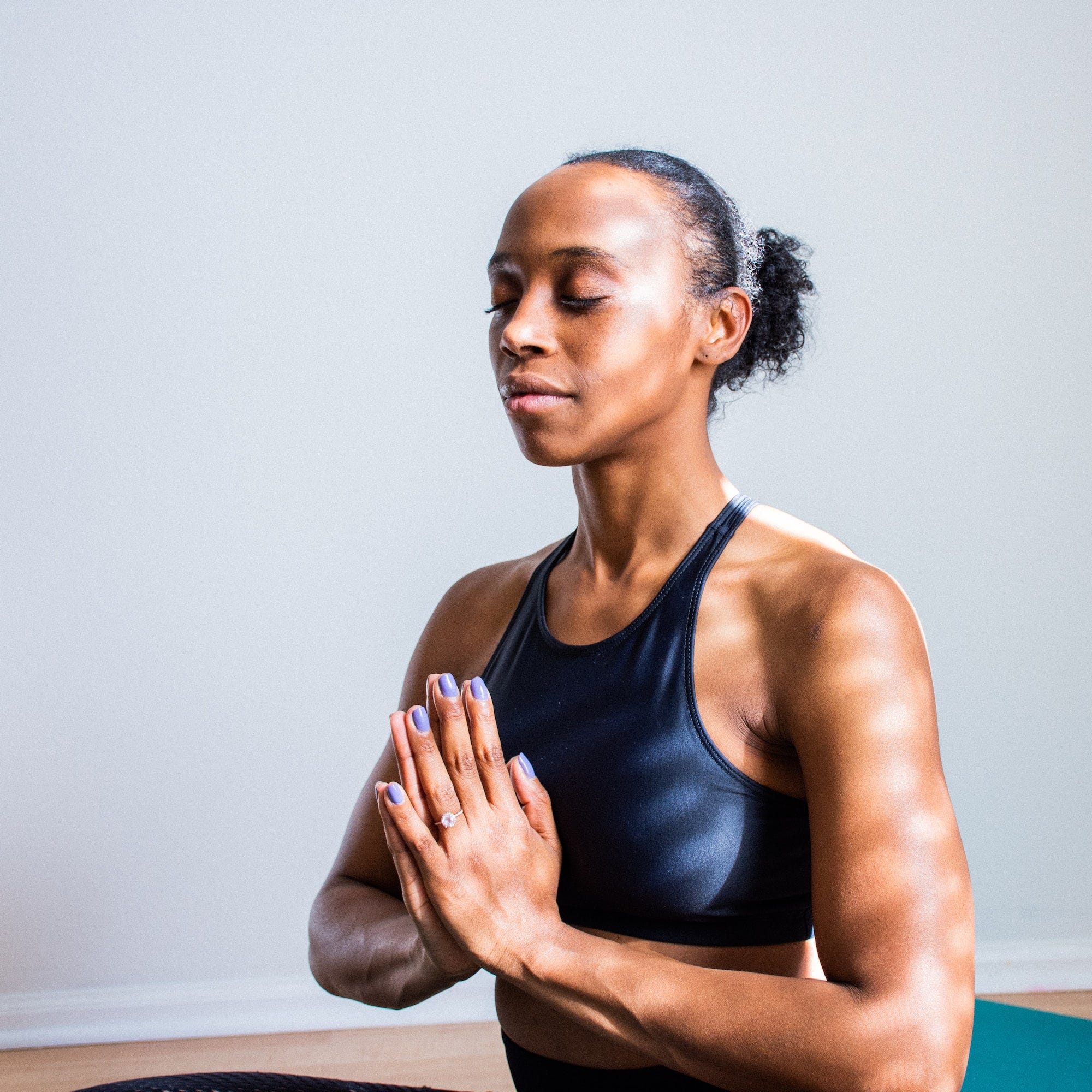Dealing with Imposter Syndrome as a Designer.

Most people appear to believe they are incompetent, even if they have worked their way to their current position because, unlike some others in their fields, they took the shorter route by devoting all of their time and energy to it, sacrificing friendships and relationships.
You are now distinguishing yourself and rising above the others with whom you began. Do you feel like you cheated your way into your first high-paying job? Or, despite obvious success, do you feel insufficient? Don't worry, you're not alone; imposter syndrome is a universally common yet isolating feeling.
Wikipedia explains the imposter syndrome as
“is a psychological occurrence in which an individual doubts their skills, talents, or accomplishments and has a persistent internalized fear of being exposed as a fraud. [1]”
Despite external evidence of their competence, those who are experiencing this phenomenon do not believe they deserve their success or great luck. They may incorrectly attribute it to the Matthew effect, or they may believe they are deceiving others because they believe they are not as intelligent as they appear to be.
The term has gained popularity among the creative community, owing to the fact that creative work is deeply rooted in the concept of "self." As designers, we put a lot of ourselves on the line—to put it gently, our ideas can often feel like extensions of our personalities. Unfortunately, this openness serves as a catalyst for the Imposter Syndrome to flourish; however, by recognizing the triggers, we can train ourselves to overcome the negative feelings, allowing us to focus on why we wanted to be designers in the first place.
How to deal with imposter syndrome
Most designers are familiar with imposter syndrome. For example, I strongly identify with the Perfectionist. I frequently feel that if I want something done properly, I must do it myself. That isn't conducive to teamwork, so I'm constantly working to overcome it. But how do you overcome imposter syndrome?
- Trust yourself: I always tell myself that I got this far because of my hard work and talent, not because I know what I'm doing, and that if I were a fraud, I wouldn't be here or have gotten this far. Believe in yourself because you owe it to yourself.
- Ask for help/Assistance: I've spoken with many designers who dislike showing in-progress work at critiques because they believe they aren't good enough. Often, the feedback they receive makes them feel like a failure because they don't know what they're doing and get something wrong. However, being incorrect does not imply that you are a failure. You will not always have the right answers; successful designers are not afraid to ask for help or fail because our failures do not define us; rather, we learn from them and keep moving forward.
- Stop comparing yourself to others: This is one of the most difficult things for us humans to do, but in this situation, it is important to focus on yourself. Because each project is so unique, there is no right or wrong when it comes to UX design. Concentrate on your own goals and how you can achieve them. The person to whom you are comparing yourself will have gone through the same process and discovered his or her path. Concentrate on your own progress and stop worrying about how far ahead of someone else is.
- There is no perfection in design: Perfection is unattainable in UX design because every design, no matter how perfect it appears in your eyes, is prone to revision. It's all about getting better as you climb higher. Remember that the solution does not have to be perfect, especially if you are new to UX, but it must be a solution. A valuable piece of advice here is to solicit feedback rather than trying to crack the code alone.

Finally,
It's easy to lose confidence when you're starting out as a designer, especially when you see what other designers are doing. Remember that with focus and dedication, you will become an expert.
Don't be intimidated if you're surrounded by experts; instead, consider yourself blessed.
Remember that the solution does not have to be perfect, especially if you are new to UX, but it must be a solution. A useful piece of advice here is to solicit feedback rather than attempt to crack the code alone.





